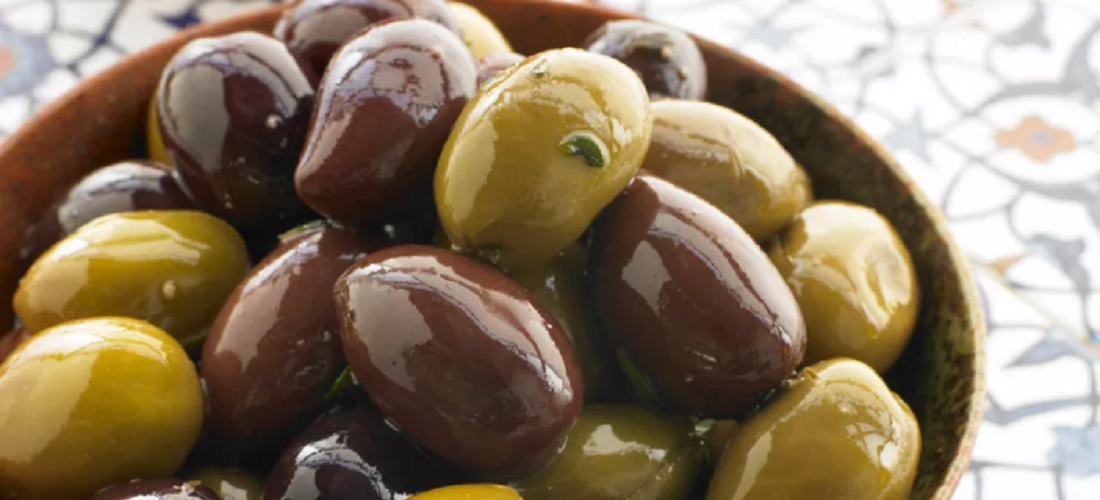
Holiday dinners drive up Brazilian purchases of Arab food
Jan, 02, 2023 Posted by Sylvia SchandertWeek 202301
From September to November, Brazilian retail concentrates efforts to stock food and beverage. It is the preparation work to supply the shelves for consumers that will come in search of items for their holiday dinners. And this drives up imports of products from Arab countries. In November only, Brazilian purchases of Arab food and beverage increased 32% in revenue and 55% in volume from a year earlier. Leading suppliers among the Arab countries were Morocco, Egypt and Tunisia.
Products sold by these countries included frozen fish and higher value-added items like olive oil, dates and figs. “This is the time of the year when people prepare to make feasts – there’s a whole tradition behind this, which is important. From October to November, the food and beverage must be already here, as the importer sells to the distributor, who’ll sell to the market. Therefore, [these Arab food purchases] already appear in the data from September to November,” explained Adilson Carvalhal Jr., chairman of the Brazilian Food and Beverage Exporters & Importers Association (BFBA).
The executive believes the Arab share in this period can be divided into two categories. On the one hand you have Arab foods that are already part of Brazilian holiday dinners, and on the other hand you have those that could be part of them but aren’t yet as targeted by importers as they could.
The first category includes items like dates and apricots and spices. “The Arab market has a very strong tradition of dried fruit, which Brazil is just starting to consume more throughout the year and not only at the end of it. But there’s still a lot of work to be done for making Arab food more present in our daily life. Dates, for example, don’t have the market penetration it could, but catering services have worked on that, and you can see people getting more interested, as they are a healthy food and all,” he pointed out.
This first category, Carvalhal adds, also includes a product that is enjoying the fruits of a one-decade work to get a strong foothold here. “Olive oil from Tunisia is already very present. Producers from there have invested on this for ten years. And some companies saw it was a spectacular product. Why not start a work on consumer markets like ours? This is already a reality – it’s competitive, and consumers see no problem in buying it, as prices are very similar to other countries, and it’s very high-quality. Olive oil is a nice new product the Arab market has brought us in recent years,” Carvalhal explained.
Another product that has grown are olives from Egypt. But there is still room for expanding the range and increasing the share of items like wine, rice, wheat flour, juices, and chocolate. These products make up a good portion of Brazilian imports in the final months of the year but aren’t as imported from Arab countries as they could. “As for beverage and wine, exporters such as Lebanon will have a harder time to position themselves as there are other origin countries more established in the Brazilian market, such as countries in Europe, and other with lower taxes such as Mercosur’s,” Carvalhal said.
Please find below a monthly chart demonstrating Brazil’s olive (hs code 20057000) imports from Egypt, in tonnes, from January 2019 to November 2022. The data is from DataLiner.
Olive imports from Egypt | Jan 2019 – Nov 2022 | WTMT
Source: DataLiner (click here to request a demo)
Nevertheless, the entrepreneur, who runs Casa Flora, says he has started working with a Lebanese wine supplier. “We’ve decided to buy wine from Lebanon as we understand it’s a very high-quality product, and it isn’t much more expensive than products from other origin countries. But it’s still a very niche market, as it’s coming later than other more famous origin countries,” he said on the Lebanese product.
Now the next step for imports is reversing the position as niche products and making Arab items a part of Brazilian tables at the end of and throughout the year. “We need to extend Arab products beyond the Arab descendant community. We’re increasing [sales], but there’s a lot of work to do on products such as dried fruit, for example,” Carvalhal said.
Source: ANBA
To read the full original article, please go to: https://anba.com.br/en/holiday-dinners-drive-up-brazilian-purchases-of-arab-food/
-
Other Cargo
Oct, 26, 2023
0
Ministry of Agriculture Launches Fertilizer Inspection Mission at Port of Paranaguá, Brazil
-
Other Cargo
Sep, 13, 2023
0
Brazil grapples with major fertilizer dependence challenge
-
Ports and Terminals
Sep, 23, 2021
0
60+ containers of hospital waste from USA and Dominican Republic discovered in the port of Santos
-
Ports and Terminals
Mar, 05, 2020
0
Port of Itaguaí authorized to receive 367 meter New Panamax vessels


